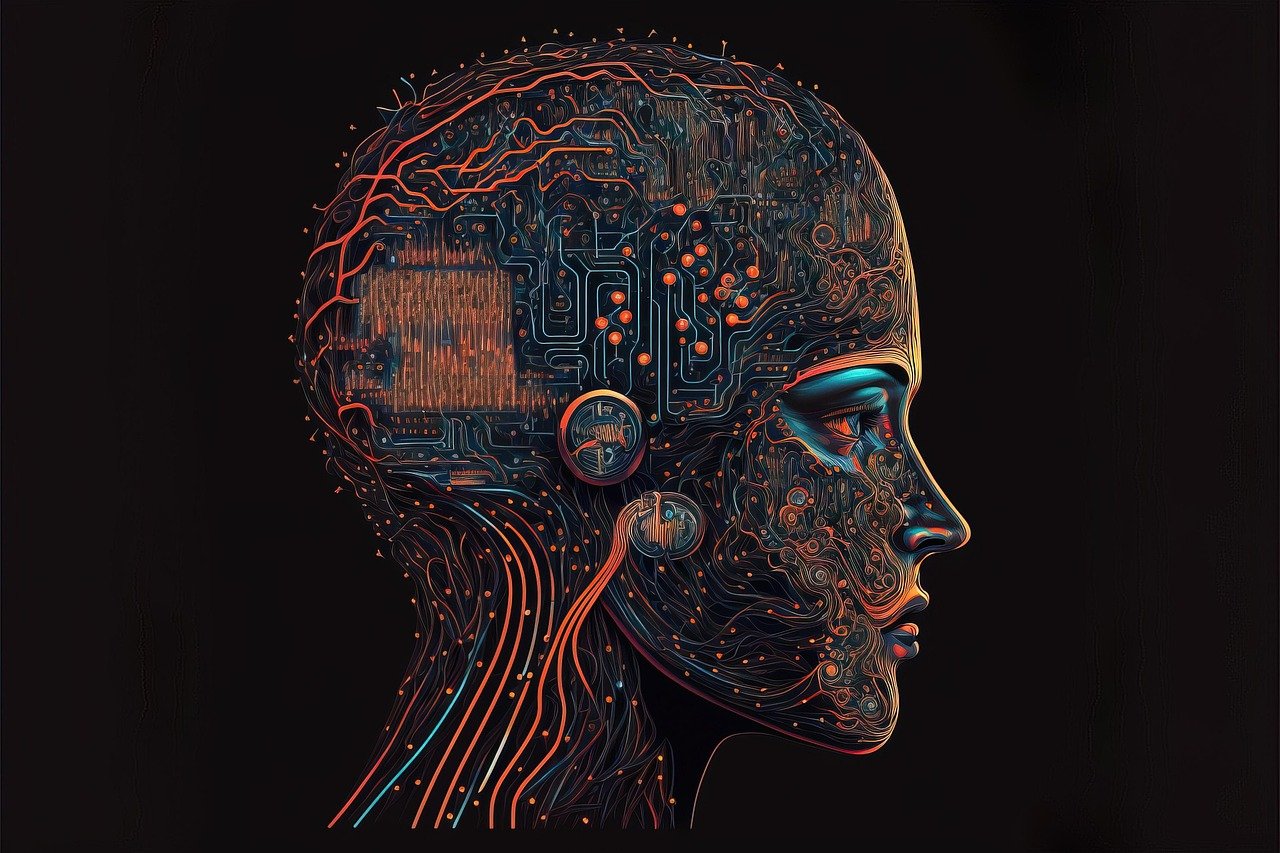The healthcare industry is undergoing a profound transformation, driven by the relentless advancement of artificial intelligence (AI). From streamlining administrative tasks to revolutionizing diagnostics and treatment, AI’s potential to improve patient outcomes and efficiency is immense. This blog post will delve into the multifaceted applications of AI in healthcare, exploring its current state, future prospects, and the challenges that lie ahead.
AI-Powered Diagnostics and Imaging
Improving Accuracy and Speed
AI algorithms are rapidly changing the landscape of medical diagnostics. By analyzing vast datasets of medical images, such as X-rays, CT scans, and MRIs, AI can detect subtle anomalies that might be missed by the human eye. This can lead to earlier and more accurate diagnoses, ultimately improving patient outcomes.
- Example: AI-powered image analysis tools can detect lung cancer nodules in CT scans with a higher sensitivity than radiologists in some studies. This early detection is crucial for successful treatment.
- Benefits:
Enhanced accuracy in diagnosis
Faster turnaround times for results
Reduced risk of human error
Improved accessibility to specialized diagnostic services, especially in underserved areas
Personalized Medicine through Predictive Analysis
AI is not limited to just reading images; it can also analyze patient data, including medical history, genetic information, and lifestyle factors, to predict the likelihood of developing certain diseases. This allows for proactive interventions and personalized treatment plans.
- Example: An AI system can analyze a patient’s genomic data to identify their risk of developing cardiovascular disease and recommend specific lifestyle modifications and preventive medications.
- Actionable Takeaway: Healthcare providers can leverage AI-driven predictive analysis to identify high-risk patients and implement targeted prevention programs, leading to better health outcomes and reduced healthcare costs.
AI in Drug Discovery and Development
Accelerating the Research Process
The traditional drug discovery process is lengthy, expensive, and often unsuccessful. AI is revolutionizing this process by accelerating the identification of potential drug candidates and predicting their efficacy and safety.
- Example: AI algorithms can analyze vast databases of chemical compounds and biological data to identify molecules that are likely to bind to specific drug targets. This significantly reduces the time and resources required for initial screening.
- Features:
Faster identification of potential drug candidates
Reduced development costs
Improved prediction of drug efficacy and safety
Personalized drug development based on individual patient profiles
Optimizing Clinical Trials
AI can also play a crucial role in optimizing clinical trials. By analyzing patient data and predicting treatment responses, AI can help select the most suitable participants for a trial, improve trial design, and monitor patient progress in real-time.
- Example: AI can be used to identify patients who are most likely to respond positively to a specific experimental drug, leading to more efficient and successful clinical trials.
- Statistics: Studies have shown that AI can reduce the time required for clinical trials by up to 25%.
AI-Powered Robotic Surgery and Assistance
Enhancing Surgical Precision
Robotic surgery, guided by AI, allows surgeons to perform complex procedures with greater precision, dexterity, and control. AI algorithms can analyze real-time data from surgical instruments and imaging systems to provide surgeons with enhanced guidance and support.
- Example: AI-powered robotic surgery systems can assist surgeons in performing minimally invasive procedures, such as prostatectomies, with greater accuracy and reduced risk of complications.
- Benefits:
Increased surgical precision
Reduced invasiveness
Shorter recovery times
Improved patient outcomes
Assisting Healthcare Professionals
AI-powered robots are not just limited to surgery. They can also assist healthcare professionals in a variety of tasks, such as medication delivery, patient monitoring, and sanitation.
- Example: Robots can autonomously deliver medications to patients in hospitals, reducing the workload on nurses and ensuring timely delivery.
- Actionable Takeaway: Hospitals can implement AI-powered robotic assistants to streamline operations, improve efficiency, and free up healthcare professionals to focus on patient care.
AI for Administrative Efficiency and Automation
Streamlining Processes
AI can automate many of the administrative tasks that burden healthcare providers, such as scheduling appointments, processing insurance claims, and managing patient records. This frees up healthcare professionals to focus on patient care and reduces administrative costs.
- Example: AI-powered chatbots can handle routine patient inquiries, schedule appointments, and provide basic medical information, reducing the workload on administrative staff.
- Features:
Automated scheduling and appointment management
Streamlined insurance claim processing
Improved patient record management
Reduced administrative costs
Improving Patient Engagement
AI can also be used to improve patient engagement and communication. AI-powered virtual assistants can provide patients with personalized health information, medication reminders, and support for managing chronic conditions.
- Example: A virtual assistant can send patients reminders to take their medications, track their symptoms, and provide personalized advice on managing their diabetes.
- Statistics: Studies have shown that AI-powered patient engagement tools can improve medication adherence by up to 20%.
Challenges and Ethical Considerations
Data Privacy and Security
The use of AI in healthcare raises important concerns about data privacy and security. Healthcare data is highly sensitive and must be protected from unauthorized access and misuse.
- Challenge: Ensuring the security and privacy of patient data in the age of AI.
- Solution: Implementing robust security measures, such as data encryption and access controls, and adhering to strict data privacy regulations, such as HIPAA.
Algorithmic Bias
AI algorithms can perpetuate and amplify existing biases in healthcare data, leading to disparities in treatment and outcomes.
- Challenge: Addressing algorithmic bias in AI systems to ensure fair and equitable healthcare for all patients.
- Solution: Training AI algorithms on diverse datasets and carefully monitoring their performance to identify and mitigate bias.
The Human Element
While AI can augment and enhance healthcare, it is essential to remember that it is not a replacement for human interaction and empathy.
- Challenge: Maintaining the human element in healthcare as AI becomes more prevalent.
- Solution: Emphasizing the importance of human connection and communication in healthcare and using AI as a tool to enhance, rather than replace, human interaction.
Conclusion
AI is poised to revolutionize healthcare, offering the potential to improve patient outcomes, increase efficiency, and reduce costs. From diagnostics and drug discovery to robotic surgery and administrative automation, the applications of AI in healthcare are vast and growing. However, it is crucial to address the ethical challenges and ensure that AI is used responsibly and equitably. By embracing AI thoughtfully and strategically, the healthcare industry can unlock its transformative potential and create a healthier future for all.



